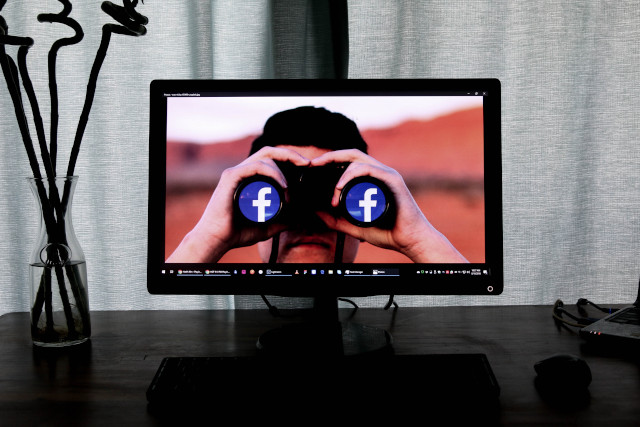
- A digital gangster destroying democracy: the damning verdict on Facebook (UK)
The scale of the report – it drew from 170 written submissions and evidence from 73 witnesses who were asked more than 4,350 questions – is without precedent. And it’s what contributes to making its conclusions so damning: that the government must now act. That Facebook must be regulated. That Britain’s electoral laws must be re-written from the bottom up; the report is unequivocal, they are not “fit for purpose”. And that the government must now open an independent investigation into foreign interference in all British elections since 2014.
Cambridge Analytica was already on the committee’s radar when the scandal broke in March last year. But, over the ensuing weeks and months, it interviewed an extraordinary cast of characters to drill down into the underlying machinery of the new political power structures. And the result – a doorstopper of a report covering multiple interconnected issues – damns Facebook not just once or twice but time and time again.
https://www.theguardian.com/technology/2019/feb/18/a-digital-gangster-destroying-democracy-the-damning-verdict-on-facebook

I am no fan of Facebook, but this feels like scape-goating - It Started With a Jolt: How New York Became a Tech Town
Skilled tech workers now flock to New York from everywhere. But the homegrown talent engine that city officials sought to jump-start a decade ago is also revving up. The new Cornell Tech graduate school campus on Roosevelt Island, a product of the city’s development plan, has 300 students, with expansion plans for a student population of 2,000 over the next two decades. And new courses, buildings and research institutes are underway at Columbia, New York University and the City University of New York.
The Cornell Tech proposal fully embraced the Bloomberg administration’s priority of blending science and industry. Graduate students’ projects at local companies are a mainstay of the curriculum.
“In New York, people are driven by real-world problems that can be solved with technology,” said Daniel Huttenlocher, the dean of Cornell Tech, who has also worked in Silicon Valley and is an Amazon board member. “In Silicon Valley, the heritage is much more to build cool technology and then figure out how it can make money.”
https://www.nytimes.com/2019/02/22/technology/nyc-tech-startups.html
- How health care quietly powers the U.S. economy
- ‘You need a thick skin’: Ad agencies grapple with workplace bullying
A Society of Human Resource Management study found that 51 percent of organizations report incidents of bullying last year, with 62 percent reporting gossip or lies and 50 percent reporting threats. Another survey, sponsored by the Workplace Bullying Institute in 2010, found that 35 percent of U.S. workers have experienced or witnessed bullying. The survey also found that men bully other men more, while women bully other women.
Workplace bullying and verbal harassment, although related, are a little bit different. Bullying is not illegal — mostly because no laws really exist to protect people from being bullied. Unlike race-based, gender-based or other forms of discrimination, those who are bullied aren’t considered a protected class unless that bullying spills over into harassment that is targeted because of race, gender, sexual orientation or another reason.
https://digiday.com/marketing/need-thick-skin-ad-agencies-grapple-workplace-bullying/
Photo by Glen Carrie on Unsplash

